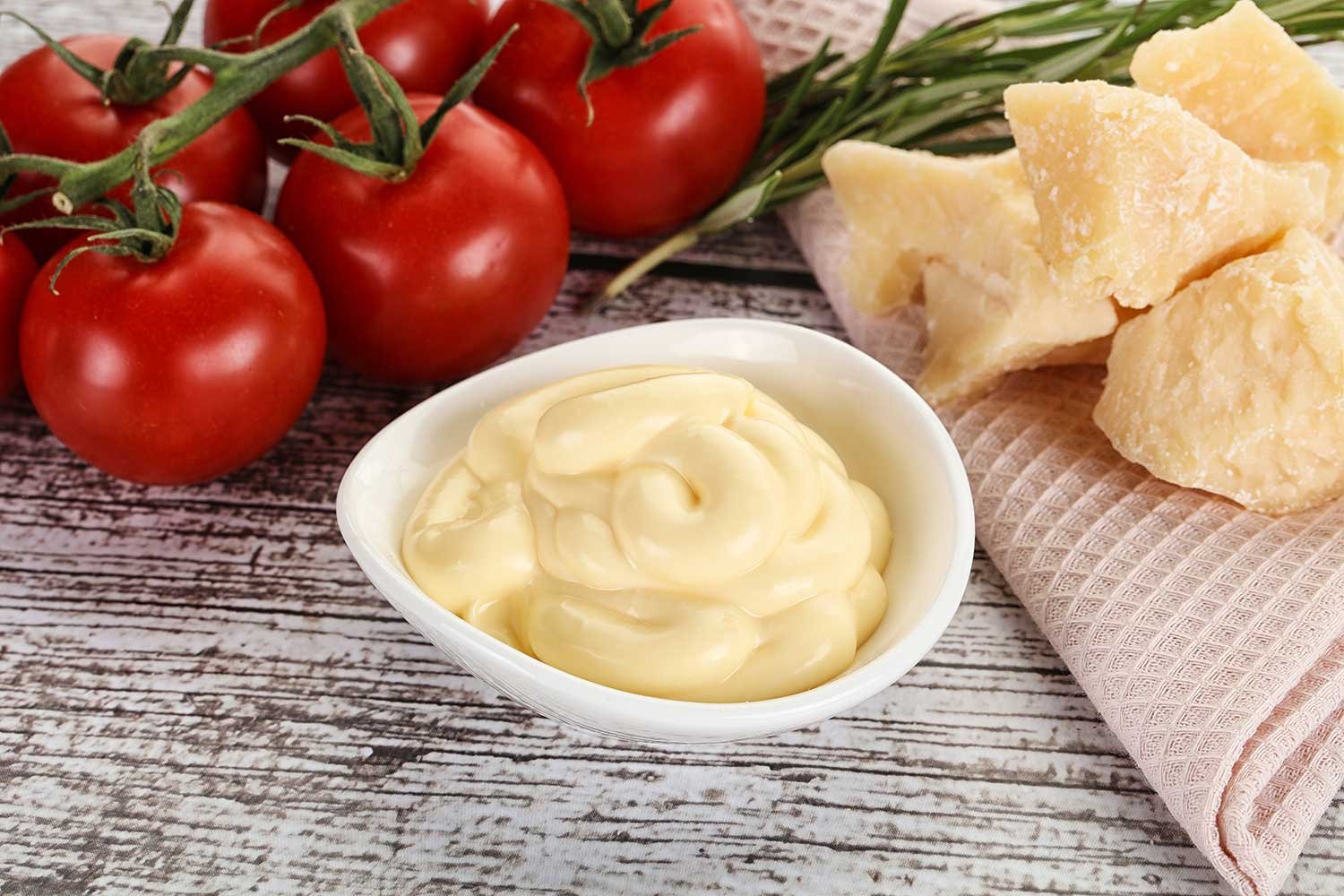Mayonnaise is a staple in kitchens worldwide, known for its creamy texture and versatility. But what makes this condiment so special? Let’s dive into the rich history, unique characteristics, and myriad uses of mayonnaise.
A Culinary Mystery
The origins of mayonnaise are somewhat mysterious, with various legends attributing its creation to different places and times. One popular story credits the invention to the French chef of the Duke of Richelieu in 1756. After the Duke’s victory at the port of Mahón, his chef created a celebratory sauce made from egg yolks and oil, naming it “Mahonnaise” after the port.
Basic Ingredients, Endless Possibilities
At its core, mayonnaise is an emulsion of egg yolks, oil, and an acid, such as vinegar or lemon juice. The simplicity of its ingredients belies the complexity of its preparation. Achieving the perfect emulsion requires skill and patience, as the oil must be added slowly to the egg yolks while whisking vigorously.
Homemade vs. Store-Bought
Many people swear by homemade mayonnaise, citing its fresh taste and the ability to control the ingredients. Making mayonnaise at home allows you to experiment with different oils, acids, and seasonings. On the other hand, store-bought mayonnaise offers convenience and consistency. Brands like Hellmann’s and Duke’s have become household names, providing reliable options for those who prefer not to make their own.
Versatility in the Kitchen
Mayonnaise’s versatility is one of its greatest strengths. It serves as a base for numerous sauces, including aioli, tartar sauce, and remoulade. It’s a key ingredient in many salads, such as potato salad, coleslaw, and chicken salad. Beyond that, mayonnaise can be used in baking to add moisture to cakes, as a spread for sandwiches, and even as a base for marinades.
Health Considerations
While mayonnaise is undeniably delicious, it’s also calorie-dense, leading some to seek healthier alternatives. Light mayonnaise, made with less oil and often including yogurt, offers a lower-calorie option. There are also vegan versions made without eggs, catering to those with dietary restrictions or preferences.
Conclusion
Mayonnaise is more than just a condiment; it’s a culinary powerhouse with a rich history and endless possibilities. Whether you prefer the tang of homemade mayo or the convenience of a store-bought jar, there’s no denying its impact on the culinary world. So next time you enjoy a dollop of this creamy concoction, remember the legacy and versatility of mayonnaise.


